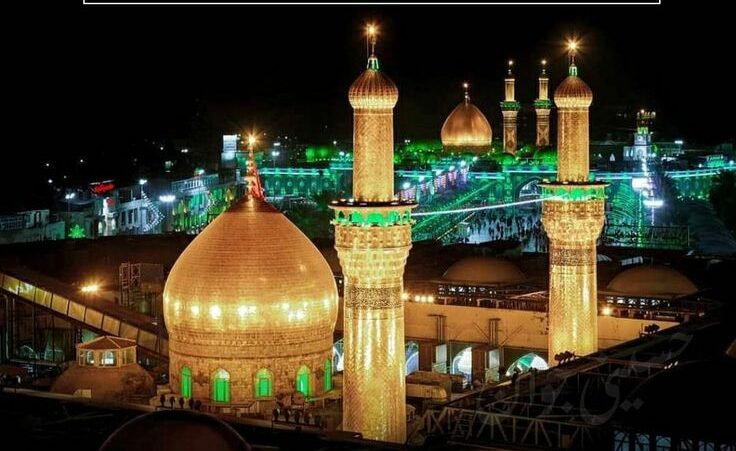The tragic events of Karbala took place during the Islamic month of Muharram in the year 680 AD. It was a pivotal moment in Islamic history that revolved around an intense conflict between the forces of Yazid, the Umayyad caliph, and Imam Husayn ibn Ali, the grandson of the Prophet Muhammad.
Imam Husayn, the son of Ali ibn Abi Talib and Fatimah, the daughter of the Prophet Muhammad, refused to pledge allegiance to Yazid due to his tyrannical rule and deviation from the principles of Islam. As a result, Imam Husayn, along with his family members and a small group of followers, set out from Mecca towards Kufa in present-day Iraq to challenge Yazid’s authority.
However, as they approached Karbala, they were intercepted by Yazid’s forces, led by the ruthless commander Shimr ibn Dhil-Jawshan. Despite being vastly outnumbered and facing extreme thirst and hunger, Imam Husayn and his companions stood steadfast in their principles of truth and justice.
On the 10th of Muharram, known as the Day of Ashura, a brutal battle took place on the plains of Karbala. Imam Husayn and his loyal companions fought valiantly against Yazid’s forces but were ultimately martyred one by one. The most heartbreaking part of the tragedy was the sacrifice of Imam Husayn’s family members, including his beloved children and siblings.
The women and children of Imam Husayn’s family, including his sister Zainab and his son Ali Zayn al-Abidin, were taken captive and paraded through the streets of Kufa and Damascus, facing humiliation and brutality.
The story of Karbala is a testament to the enduring legacy of sacrifice, courage, and righteousness in the face of oppression and tyranny. It serves as a source of inspiration for Muslims worldwide, who commemorate the martyrdom of Imam Husayn and his companions every year during the month of Muharram, through rituals of mourning, reflection, and remembrance.
